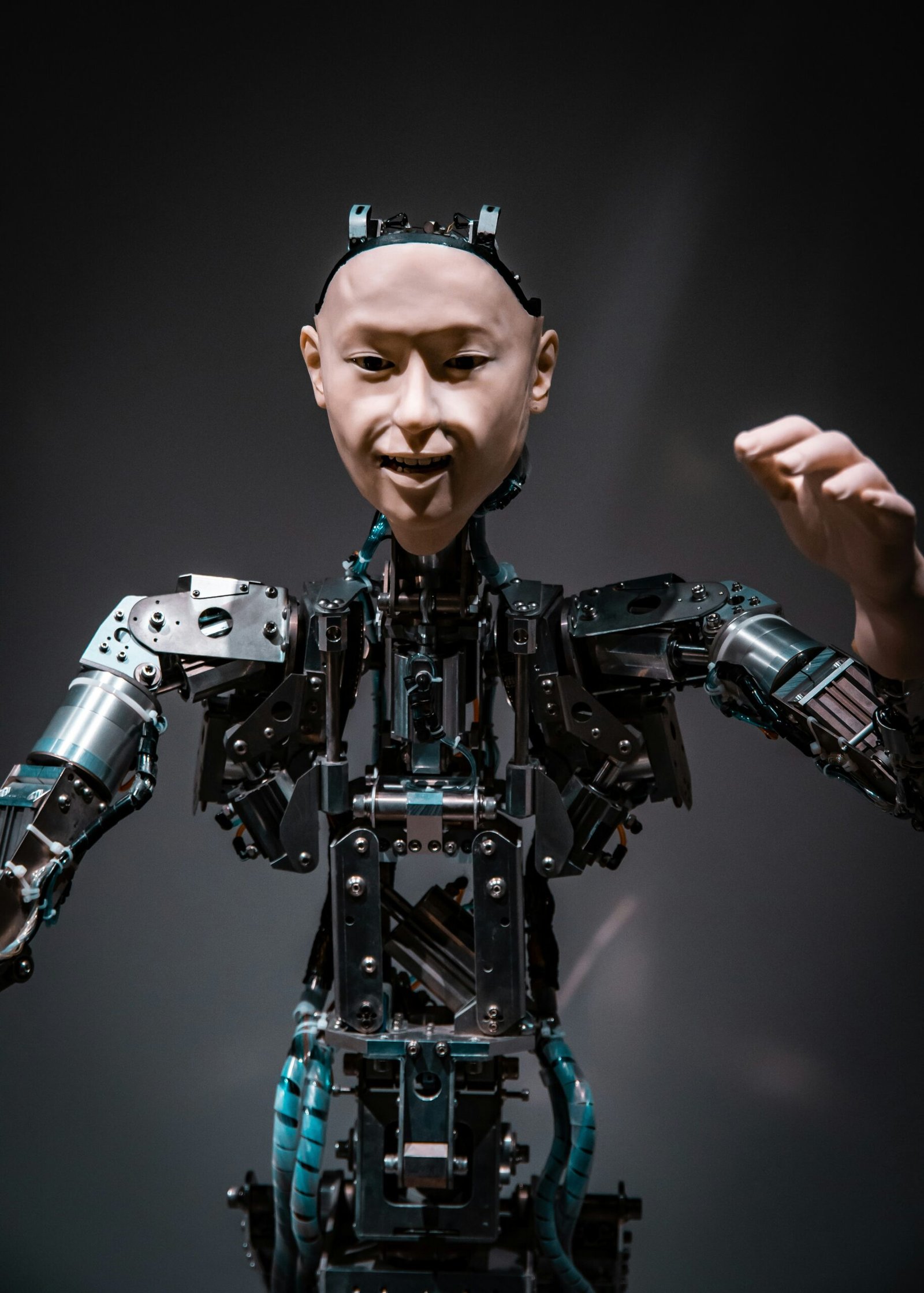Introduction: AI Revolutionizing Healthcare Monitoring
Artificial intelligence (AI) is rapidly transforming various aspects of our lives, and healthcare is no exception. One of the most promising applications of AI lies in health monitoring, offering unprecedented opportunities for early disease detection, personalized treatment plans, and improved patient outcomes. From wearable devices to sophisticated diagnostic tools, AI is empowering healthcare professionals and individuals to proactively manage their health like never before.
AI-Powered Wearable Technology
Real-Time Health Data Acquisition
Wearable devices equipped with AI algorithms are capable of collecting vast amounts of physiological data in real-time. This includes vital signs like heart rate, blood pressure, sleep patterns, activity levels, and even glucose levels for diabetic patients. Advanced machine learning models can then analyze this data to identify subtle anomalies and predict potential health risks before they manifest into serious conditions. For instance, an AI algorithm might detect an irregular heart rhythm through an ECG sensor and alert the user to seek medical attention.
Personalized Insights and Intervention
The power of AI extends beyond mere data collection. By analyzing historical data and comparing it to population-level trends, AI can provide personalized insights and tailored recommendations to individuals. This could include suggestions for lifestyle modifications, such as dietary changes or exercise routines, to improve overall health and well-being. Furthermore, AI can be integrated with mobile apps to deliver timely reminders for medication adherence and encourage proactive health management.
“AI-powered wearables are transforming cardiac care by enabling continuous monitoring of patients at risk of arrhythmias. This allows for early detection and timely intervention, potentially preventing life-threatening events.”
AI in Diagnostic Imaging
Enhanced Image Analysis and Accuracy
AI algorithms, particularly deep learning models, have demonstrated remarkable capabilities in analyzing medical images such as X-rays, CT scans, and MRIs. These algorithms can be trained to identify subtle patterns and anomalies that may be missed by the human eye, leading to more accurate and faster diagnoses. For example, AI can assist radiologists in detecting early signs of lung cancer on chest X-rays, significantly improving the chances of successful treatment.
Reduced Diagnostic Errors and Improved Efficiency
The use of AI in diagnostic imaging not only enhances accuracy but also improves efficiency. By automating the initial screening process, AI can help radiologists prioritize cases and focus their expertise on more complex or challenging cases. This can significantly reduce the time it takes to reach a diagnosis and initiate treatment, leading to better patient outcomes. Furthermore, AI can help reduce diagnostic errors and minimize the risk of human fatigue or bias.
Challenges and Ethical Considerations
Data Privacy and Security
The widespread use of AI in health monitoring raises important concerns about data privacy and security. The vast amounts of sensitive health data collected by wearable devices and diagnostic tools must be protected from unauthorized access and misuse. Robust security measures and strict adherence to data privacy regulations are essential to ensure patient trust and maintain ethical standards.
Algorithmic Bias and Fairness
AI algorithms are trained on data, and if that data is biased, the algorithm will also be biased. This can lead to unfair or discriminatory outcomes for certain patient populations. It is crucial to address algorithmic bias and ensure that AI systems are fair and equitable for all individuals, regardless of their race, ethnicity, or socioeconomic status. Careful attention must be paid to data collection, model development, and validation to mitigate the risk of bias.
Conclusion: The Future of AI in Health Monitoring
AI holds immense potential to revolutionize health monitoring and improve patient outcomes. From wearable devices that provide real-time insights to diagnostic tools that enhance image analysis, AI is transforming the way we approach healthcare. While challenges related to data privacy, algorithmic bias, and ethical considerations must be addressed, the benefits of AI in health monitoring are undeniable. As AI technology continues to evolve, we can expect to see even more innovative applications that empower individuals and healthcare professionals to proactively manage health and prevent disease.









